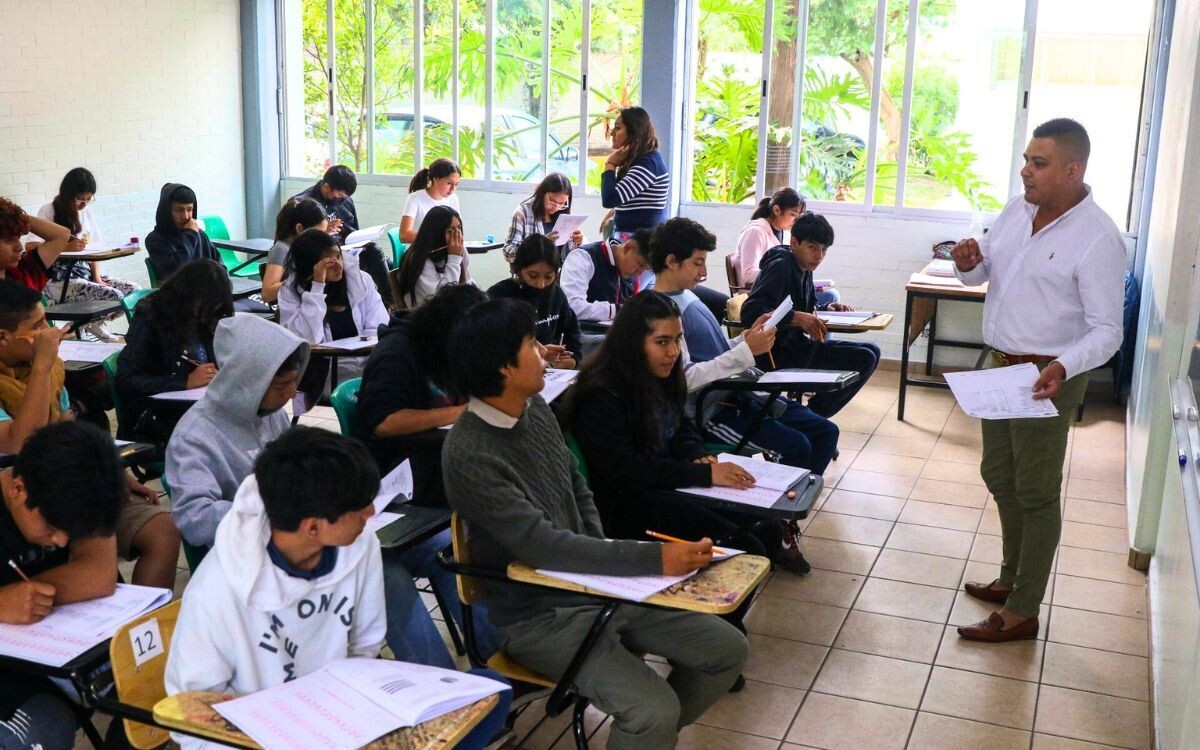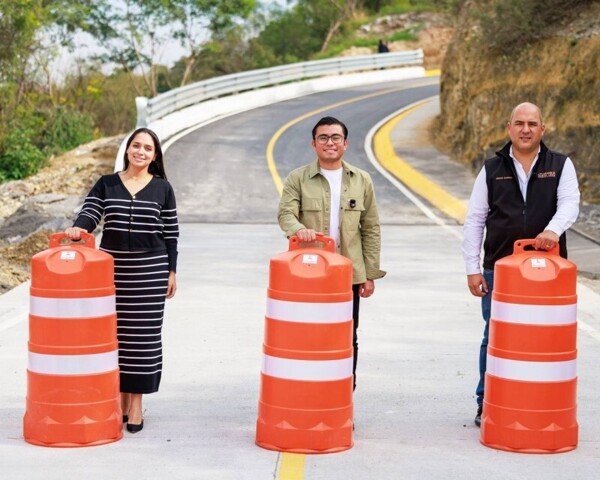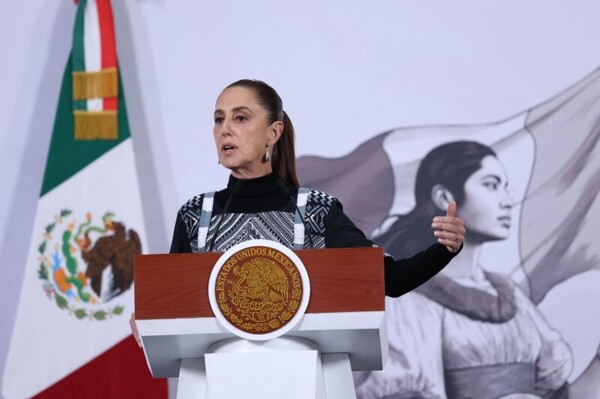
Despite the improvement in the quality of life in Mexico over the last decade, an analysis of the Social Progress Index (IPS) revealed this Wednesday that the progress is unequal and the persistence of structural crises in education, health, and security is hindering social mobility and regional cohesion.
The study published by the organization 'Mexico, how are we doing?' pointed out that the country is divided into two social realities between the north and center, and the south. The IPS shows that although the national average score rose from 59 to 65 out of 100 in the last decade, regional inequalities persist and are 'enormous'.
'If we were to rank the difference between the north and south internationally, it turns out that the north is in the range of countries with the least inequality of opportunities, and the south is in the range of countries with the greatest economic inequality,' said Roberto Vélez, executive director of the Espinosa Yglesias Center for Studies (CEEY).
According to this analysis, the states at the bottom of the distribution (Guerrero, Chiapas, Oaxaca, Veracruz, and Tabasco) consistently remain in last place regardless of the year of observation, just as the highest-ranking states remain in that zone.
'Social progress is advancing, and that is good news. In the last year, all federal entities have improved their quality of life, but it has been unevenly and for different reasons,' stated the organization's general director, Sofía Ramírez.
"Social progress is advancing, and that is good news. In the last year, all federal entities have improved their quality of life, but it has been unevenly and for different reasons," stated the organization's general director, Sofía Ramírez.
Concern over education and health
During the presentation of the report, Patricia Vázquez, director of Mexicanos Primero, emphasized that one of the main brakes is the crisis in the education system, whose basic education is at its lowest level in a decade.
'When educational lag is present, it clearly determines the entire educational trajectory,' explained Vázquez.
According to the report, primary school enrollment has fallen by 4.2% in the last 12 years, as has also happened in secondary school (2.9%) and preschool (9.3%).
'If we do not invest properly in the early years of a child's life, we will have a high probability of shorter trajectories and a greater likelihood of school dropout,' she summarized.
In the health section, the study detailed that one-third of the population lives without access to sanitation services, a lack that is linked to less social progress.
In the absence of robust public systems, six out of ten people with health problems are forced to cover their medical needs privately, explained Vélez.
Between 2015 and 2024, 17 federal entities recorded setbacks in the personal security component, and 22 entities experienced an increase in the homicide rate in the last year.
Elisa Sánchez, director of Mexico United Against Crime (MUCD), pointed out that the problem is not only criminal but is also related to a deficient public policy of security and justice that has not invested in its institutions.
To improve this social situation, they indicated, it is necessary to formalize the economy, create a comprehensive care system, urgently invest in security institutions, and finance public infrastructure for essential services.
However, regional inequalities persist, they are enormous and are not closing with sufficient speed (...).














